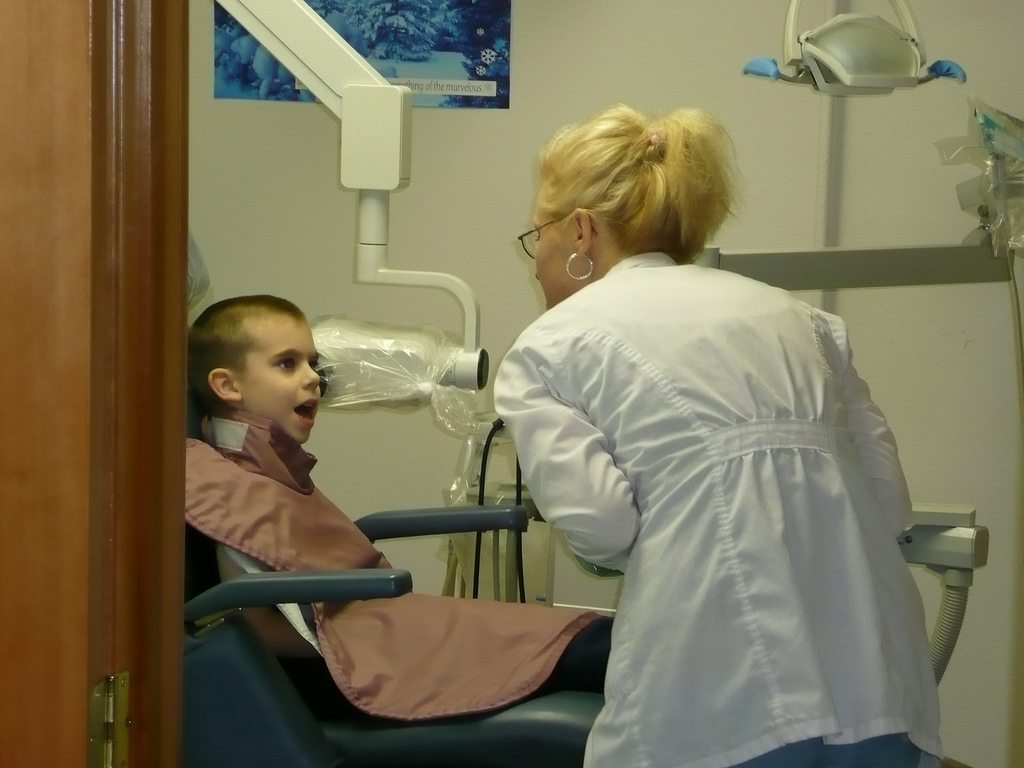Human body odors can transfer anxiety-related signals. This is a well documented fact. Yet, it is an open question how these signals impact in real-life situations. Does smell make any difference? Is it just a “rich unconscious background to everything else†– as Oliver Sacks once put it? This question is relevant for all sorts of social, cultural and economic contexts (i.e. human resource management, leadership, workplace etc.).
Smelling anxieties
In response, a recent study by Valentina Parma and her group makes a significant contribution. The study tested the effects of anxiety chemosignals on the performance of dental students operating on simulation units, wearing T-shirts imbued with human sweat and masked with eugenol.
Accordingly, dentists smell when a patient is anxious, which in turn makes them more likely to make mistakes and perform badly. When exposed to masked anxiety body odors, the test subjects’ dental performance was significantly worse than when they were exposed to masked rest body odors and masker alone, indicating that their performance was modulated by exposure to the emotional tone of the odor. It is important to note, that the intensity and pleasantness ratings showed that the test subjects could not report perceptual differences between the odor conditions.
Smelly customers impacting on performance in the service economy
To sum up: It is one aspect to acknowledge that chemical signals hidden in body odour reveal human emotions, it is an even more relevant insight that this chemical signal influences the other’s behavior and more importantly performance! The authors conclude that the same phenomenon is likely to occur in other settings as well (e.g. sitting nearby an especially nervous person during an exam; leadership situations etc.).
From a business point of view the study is particularly relevant for the entire service sector because the mutual interdependence of service provider and consumer constitutes an important element of a service. It is actually this involvement and participation of the consumer that marks a difference to the production sector. Based on this new study we know that body odor is part of this participation. Thus, this study nicely relates to our interest in the impact of new odors of tobacco consumption on the world of work.
[blog_subscription_form title=”” title_following=”You are already subscribed” subscribe_text=”” subscribe_logged_in=”Click to subscribe to this site” subscribe_button=”Click me!” show_subscribers_total=true]
Here is the original study: Singh, P. B., Young, A., Lind, S., Leegaard, M. C., Capuozzo, A., & Parma, V. (2018). Smelling Anxiety Chemosignals Impairs Clinical Performance of Dental Students. Chemical Senses. https://doi.org/10.1093/chemse/bjy028
Image source:Â https://www.flickr.com/photos/chrisandjenni/3294080047/
